Sabre Travel AI ™ the next-generation technology created for the travel industry
Unlock more revenue opportunities with AI-driven technology that learns continuously from consumer behavior, helping travel businesses redefine their retailing and customer strategies.
Together, we make travel happen
We are a software and technology company that powers the global travel industry. With decades of revolutionary firsts, our team of experts drive innovation and ingenuity in the industry. Learn more about how we help customers operate more efficiently, drive revenue and offer personalized traveler experiences with next-generation technology solutions.







